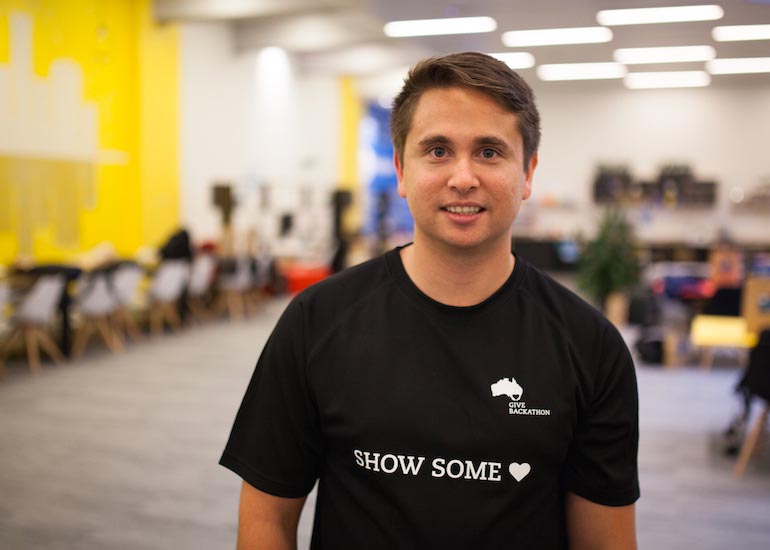The push for diversity in venture capital is long overdue but like a lot of diversity campaigns, First Nations people are being overlooked by investors in Australia.
As founder of the world’s first Indigenous Accelerator, I reached out to venture capital firms operating in Australia to conduct research into how much or more accurately, “how little” VC firms were investing in Indigenous ventures, the feedback he got was very disturbing though not unexpected.
When I first started Barayamal a few years ago I would hear things from the leaders of the startup space like they didn’t even know Indigenous entrepreneurs actually exist and helping Indigenous people was definitely not high on their priority but I wasn’t expecting VC firms to outright not invest anything in Indigenous ventures.
VC firms do have a fiduciary duty to their investors to deliver healthy returns but I do wonder if the large institutions who invest in these funds would be interested in receiving smaller return ventures if given the opportunity to support First Nations people by VC firms.
First Nations people in Australia have been innovating for thousands of years from being the world’s first bakers to building one of the world’s most comprehensive and oldest aquaculture systems which are older than Egypt’s pyramids.
In addition, despite only making up 5% of the world’s population, Indigenous people protect 80% of the world’s biodiversity – the results from supporting Indigenous Entrepreneurship goes without saying.”
However, despite VC firms in Australia raising a record $1.4 billion this year and billions in total, zero percentage has been invested in Indigenous ventures.
I was also told that they don’t collect sensitive information, but I knew they were collecting demographic data on people, they just didn’t bother with adding First Nations people to their surveys because it’s not high on their priority.
Unfortunately in the lucky country, the most unlucky people are the Traditional Owners, which is a bit ironic.
- Dean Foley is the founder of the Indigenous startup accelerator Barayamal.




















Trending
Daily startup news and insights, delivered to your inbox.